NFRFE: OT in RDMFT
Optimal Transport (OT) methods in Reduced Density Matrix Functional Theory (RDMFT)
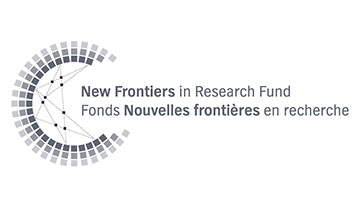
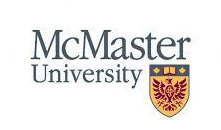
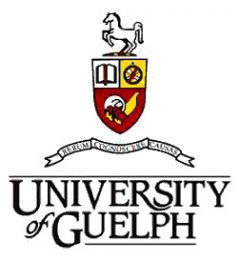

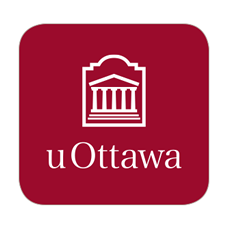
The Ottawa-Queen's-Guelph-McMaster (OQGM) research network develop a novel multidisciplinary and integrated approach to address the problem of strong correlation in Chemistry and Material Sciences and aims to design new tools that are computationally efficient and easy enough for nonspecialists to use to guide their research and enrich their understanding.
Our research lies at the boundary between mathematics, physics, chemistry, machine-learning,
and software design/deployment. Transcending boundaries between fields, in particular the physical, mathematical and computational aspects of chemistry and material sciences, is key for the
development of scalable, rigorous and efficient algorithms.
This project receives funding from the New Frontiers in Research Fund (NFRF) - Exploration (Reference Number NFRFE-2021-00798).
Research Team

Paul Ayers
McMaster, co-PI
Chemistry & Algorithms
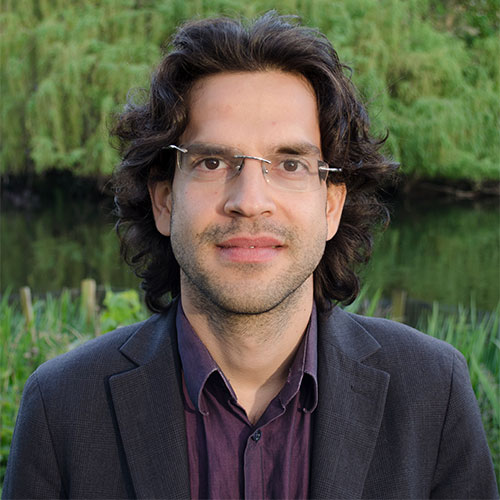
Augusto Gerolin
uOttawa, PI
Mathematics & Chemistry
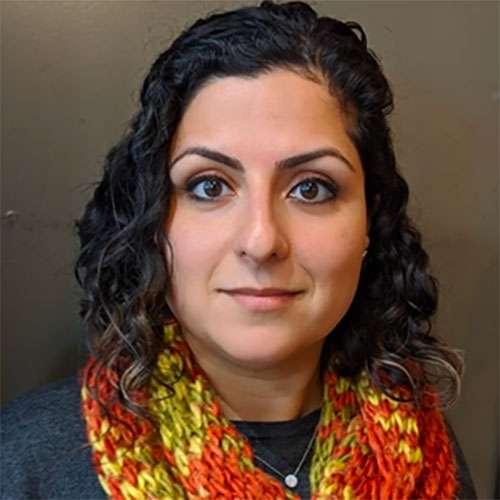
Farnaz Heidar-Zadeh
Queen's, PI
Chemistry & AI

Anna Kausamo
Florence (Italy), Collaborator
Mathematics

David Kribs
Guelph, co-PI
Mathematics of Quantum Information
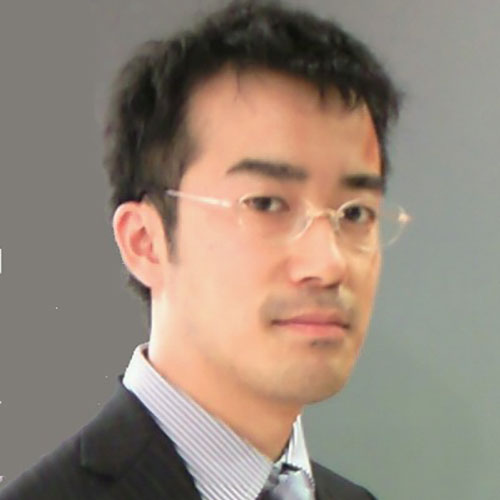
Muho Nakata
RIKEN (Japan), Collaborator
Computational Chemistry & Numerical Linear Algebra
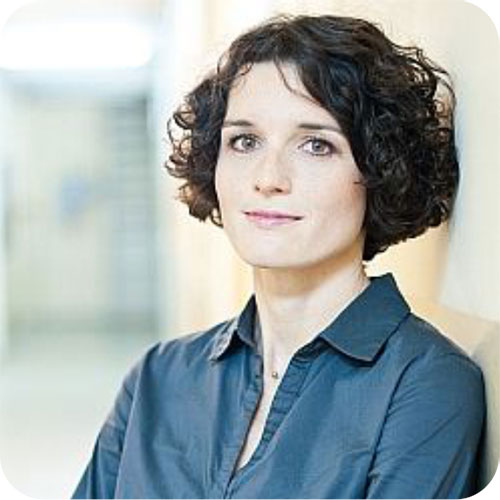
Kasia Pernal
Lödz (Poland), Collaborator
Chemistry & Quantum Physics
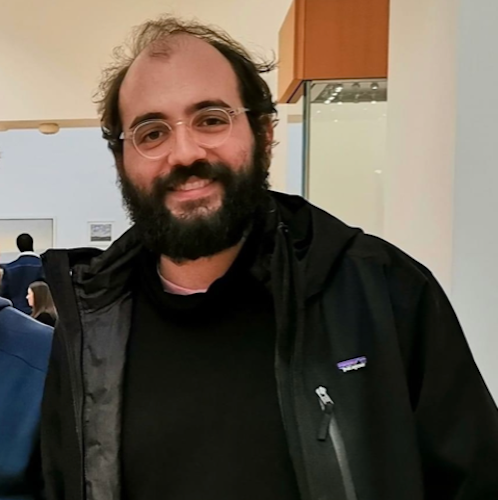
Emanuele Caputo
Postdoctoral Researcher
Mathematics

Dmitry Evdokimov
PhD student in Chemistry
AI & Chemistry
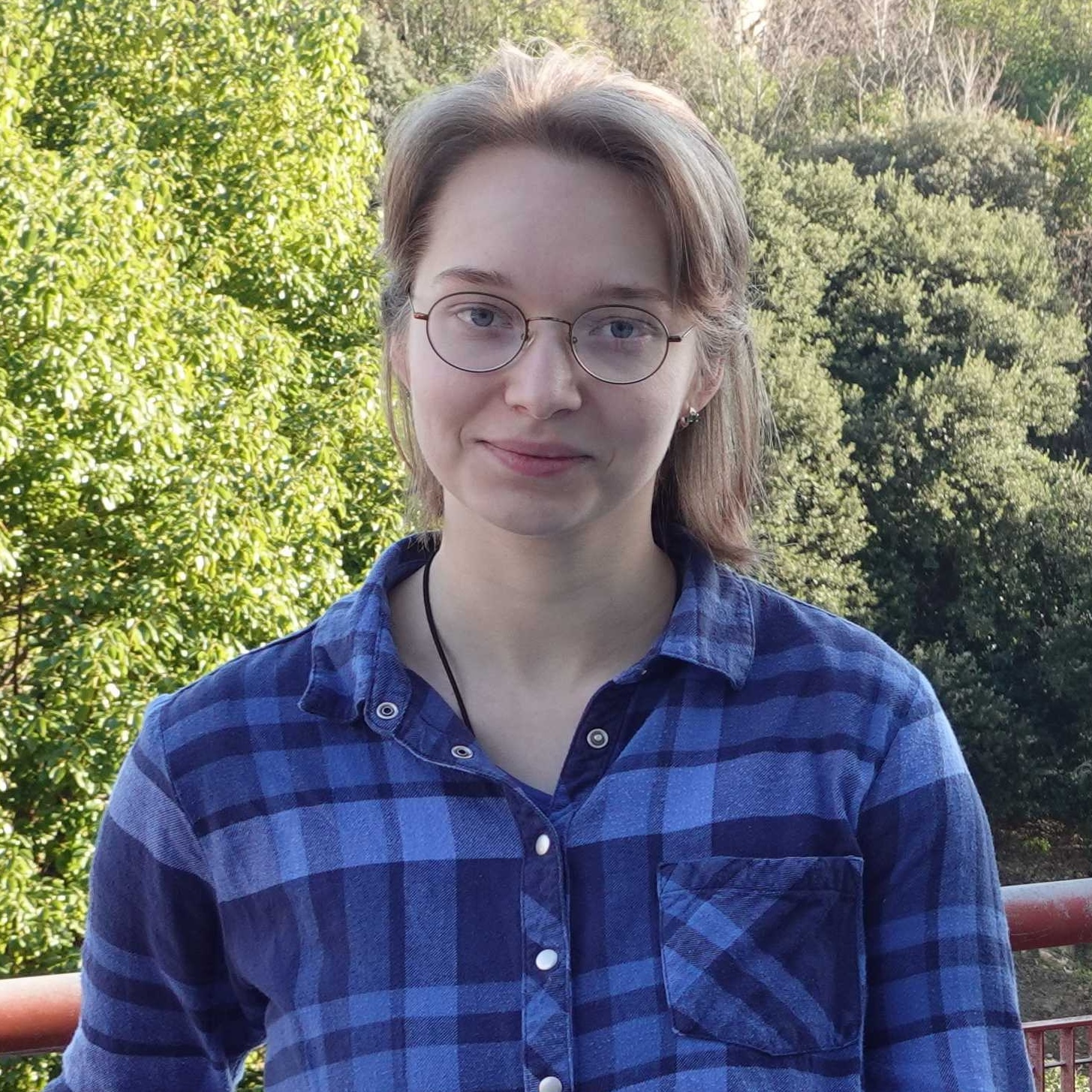
Nataliia Monina
PhD student
Math & Quantum Chemistry
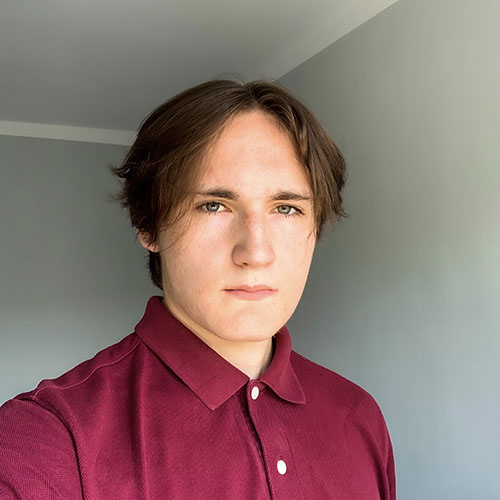
Pavlo Pelikh
PhD student
OT & Machine Learning
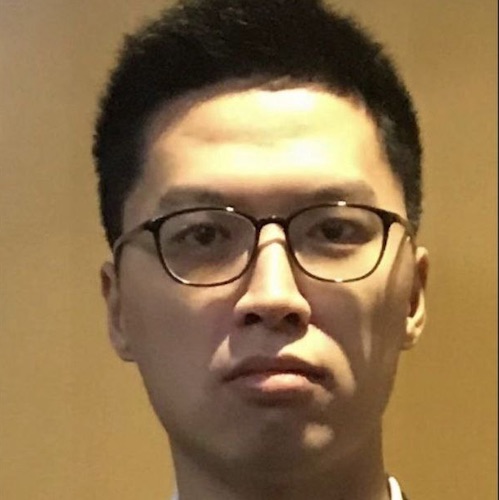
Zhiyi Lin
MSc student
Mathematics
Open Positions
We are looking for talented candidates to join our research team, including:
-- One PhD student in Mathematics: potential candidates are expected to have experience or interest in conducting research on Calculus of Variations, Optimization, Mathematical Physics, Numerical Linear Algebra and/or Optimal Transport.
-- One PhD student in Physics/Engineering: potential candidates must have a strong background in quantum mechanics and/or scientific computing. She/he should be motivated to learn state-of-art methods in computational chemistry and to develop deep learning methods for quantum chemistry.
-- One Postdoctoral Researcher in Computational Chemistry or AI: potential candidates are expected hold a PhD in Chemistry, Physics or Computer Sciences, have interest in developing AI methods for Chemistry, and a strong background in Computational Chemistry and/or Deep Learning.
Candidates are invited to apply by email via the address CRCAIMathChe@uottawa.ca with subject “PhD Math OT-RDMFT 2023”, “PhD Phy OT-RDMFT 2023” or “Postdoc OT-RDMFT 2023”. The application package should include the following documents as attachment in a single pdf file:
1) Cover Letter;
2) CV with list of publications;
3) Postdoc position: Research statement on current and planned research (max 5 pages);
3') PhD position: Transcript of records and a brief description of research interest;
4) A list of at most three referees who are willing to write a letter of recommendation.
Selected candidates will be requested to have their referees send a letter of recommendation directly to the search committee, and will be invited for an online interview. Applications will be evaluated starting from November 15th. The position will remain open until the appropriate candidate is hired.
While in Canada, the young researchers will perform a highly collaborative and interdisciplinary research, co-supervised by the entire research team. The PhD students and postdocs are expected to travel during the year between Ottawa, Queen's, McMaster and Guelph to attend the events and work together with the PIs and co-PIs.
Activities
-
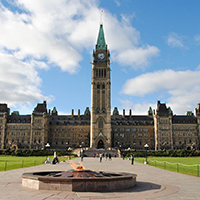
Fall 2022: Kick-off meeting
18th-19th August, uOttawa
Talks by Nataliia Monina, David Kribs, Augusto Gerolin and Farnaz Heidar-Zadeh.
Dmitry Evdokimov joined our team as a PhD student and will work on computational aspects of Optimal Transport.
Meeting picture -

Summer 2023: Tutorials
7th-12nd June
Talks by Valerii Chuiko, Fanch Coudreuse, Nataliia Monina, Dmitry Evdokimov and David Kribs.
Queen's University
Valerii Chuiko and Nataliia Monina joined the team and will be working next year on computational aspects of Reduced Density Matrix Functional Theory (RDMFT).
Pavlo Pelikh will also join the team and will be working on Machine Learning methods for RDMFT.
Meeting picture -
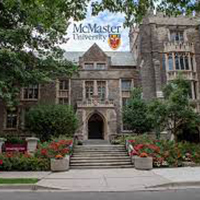
Summer 2024: Workshop
TBA, McMaster University
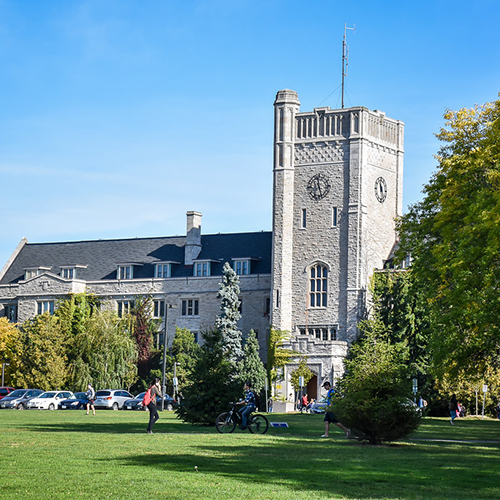
2024: Final meeting
TBA, University of Guelph
Publications
Augusto Gerolin and Nataliia Monina. Non-commutative Optimal Transport for semi-definite positive matrices. Submitted (2023).